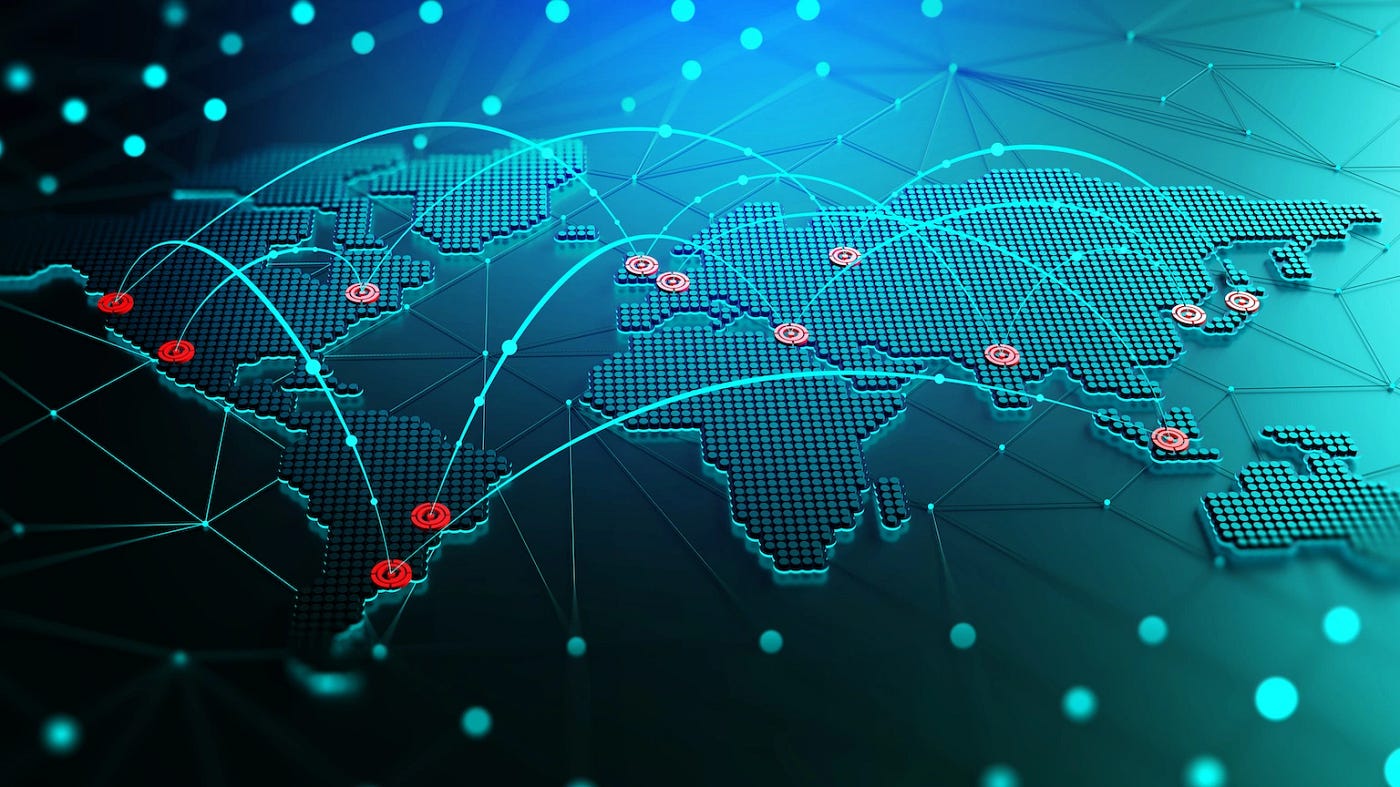News: Recently, the Secretary-General of the United Nations (UN) remarked that the ‘lack of unity’ amongst UNSC members had ‘perhaps fatally undermined its authority’ at the Human Rights Council.
Q1. In light of the current geopolitical environment, do you believe that reforms to the United Nations (UN) are necessary? What is the impact on India’s interest?
A new generation of country teams, focused on a strategic UN Development Assistance Framework and headed by an unbiased, autonomous, and empowered resident coordinator, will emerge as a result of the 2030 Agenda's drastic adjustments to the UN development system.Obstacles and Concerns before the UN
- Changing Global Dynamics: With the threat of new interstate conflicts, protectionism, and surging nationalism, the world order is drastically changing. Though events in the 2020s are inflicting a mortal blow, the UN-led system remains the default option.
- Security Council: The US, UK, France, Russia, and eventually China were the “winners” of World War II, and as such, they were chosen to be permanent members of the Security Council. However, they barely reflect the leadership of the world today. The UNSC does not include a permanent member from the African, Australian, and South American continents, and the pillars of the multilateral order, such as the G-4 group of Brazil, India, Germany, and Japan, have been ignored for long.
- Controlling power structures: The World Bank is always headed by an American citizen; ‘Europe’ (Western Europe, in practice) gets to nominate the head of the IMF that was established by the United Nations Monetary and Financial Conference at Bretton Woods in 1944.
- An Unbalanced Power: The composition of the Council also gives undue weightage to the balance of power of those days. Europe, for instance, which accounts for barely 5% of the world’s population, still controls 33% of the seats in any given year (and that does not count Russia, another European power).
- Humanitarian Crisis: Conflicts, natural disasters, and pandemics can all result in humanitarian crises that the UN is frequently called upon to handle. There are several logistical, financial, and coordination difficulties associated with these situations.
- Climate Change: To its original objectives of preserving peace, defending human rights, creating the foundation for international justice, and advancing social and economic advancement, the UN has added new issues, such as climate change. However, a lack of agreement among member states has impeded the UN’s attempts to combat climate change.
- Contribution and representation of India: Other states are not afforded the same opportunities as India, a country whose size alone (in terms of population, economic share, or in-kind contributions to the UN, such as participation in peacekeeping missions) has allowed it to shape global affairs in the seven decades since the UN’s founding.
Three main areas are the focus of the UN reform agenda: development, management, and peace and security.
- Development: In order to facilitate the creation of a new generation of country teams, headed by an unbiased, autonomous, and empowered resident coordinator, and centred on a strategic UN Development Assistance Framework, the 2030 Agenda calls for significant modifications to the UN development system.
- Management: Process simplification, achieving gender parity, expediting HR procedures, and all around improving organizational efficiency are all part of management reform.
- Reforming peace and security efforts to better address contemporary issues is known as “peace and security reform.”
- The permanent members of the Security Council scarcely represent the leadership of the modern world.
India’s role in the UN Reforms:
- For many years, India has been at the pioneering of the UN reform movement, especially with regard to the Security Council, the organization’s main body.
- India’s Permanent Representative to the UN stressed that “equity” must be the cornerstone of international efforts to reorganize the 15-nation UN body during his speech at the Intergovernmental Negotiations on Security Council Reform.
India at the Global South’s Governance:
- India has been at the forefront during the UN’s tumultuous years of struggle against colonialism and apartheid.
- India’s status as a founding member of the Non-Aligned Movement and the Group of 77 cemented its position within the UN system as a leading advocate of the concerns and aspirations of developing countries and the creation of a more equitable international economic and political order.
What could replace the UN system and how?
- The organisations and groupings outside the UN are all ad hoc and tend to serve limited interests rather than universal values. Some function as clubs (such as the Association of Southeast Asian Nations, the European Union, G-7, G-20, and the World Economic Forum).
- Yet, their very existence points to a need for change. The last time the global system changed was in the aftermath of an all-consuming war. That is a sobering thought on which to base an evaluation of the current crumbling global architecture.
The UN has been essential to preserving peace and order around the world. Nonetheless, the UN system needs to be re-evaluated and reformed due to the shifting dynamics of the global order and the emergence of new powers. For the UN to properly carry out its purpose in the twenty-first century, it must adjust to these changes.

